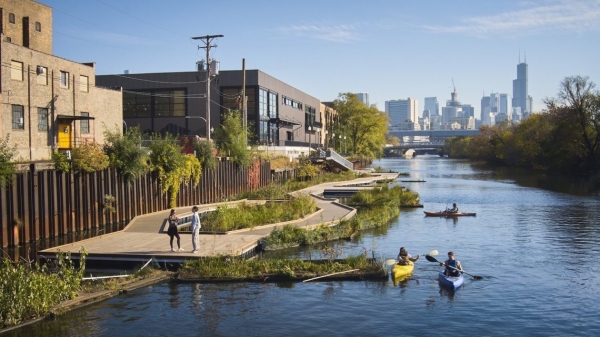The diminished power of the immune system in older adults is usually blamed on the aging process.
articles
Electric Pulses Save Sharks From Fishing Hooks
Gadgets that emit small electrical pulses can drastically cut the number of sharks and stingrays caught accidentally on fishing lines, new research shows.
Building Green Energy Facilities May Produce Substantial Carbon Emissions, Says Study
First, the bad news: Nothing is free. Moving the world energy system away from fossil fuels and into renewable sources will generate carbon emissions by itself, as construction of wind turbines, solar panels and other new infrastructure consumes energy—some of it necessarily coming from the fossil fuels we are trying to get rid of.
Sweet Corn Sweltering in Summer Heat Spells Uncertainty for Corn Lovers
Few things say summer in America more than buttery corn on the cob, but as summer temperatures climb to unprecedented levels, the future of sweet corn may not be so sweet.
Cracking the Chemical Code on How Iodine Helps Form Clouds
A new experiment by an international research team demonstrates the mechanism for how the most stable gas-phase form of iodine known as iodic acid is formed.
How Floating Wetlands Are Helping to Clean Up Urban Waters
Five small islands roughly the size of backyard swimming pools float next to the concrete riverbank of Bubbly Creek, a stretch of the Chicago River named for the gas that once rose to the surface after stockyards dumped animal waste and byproducts into the waterway.










